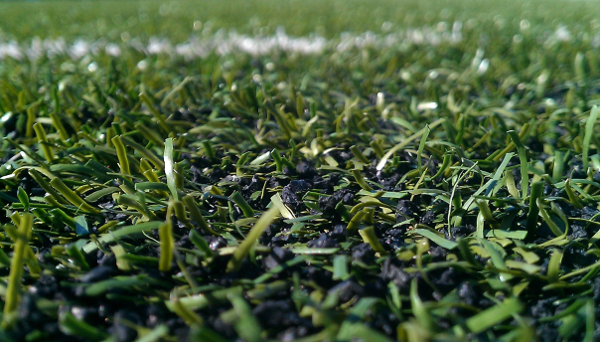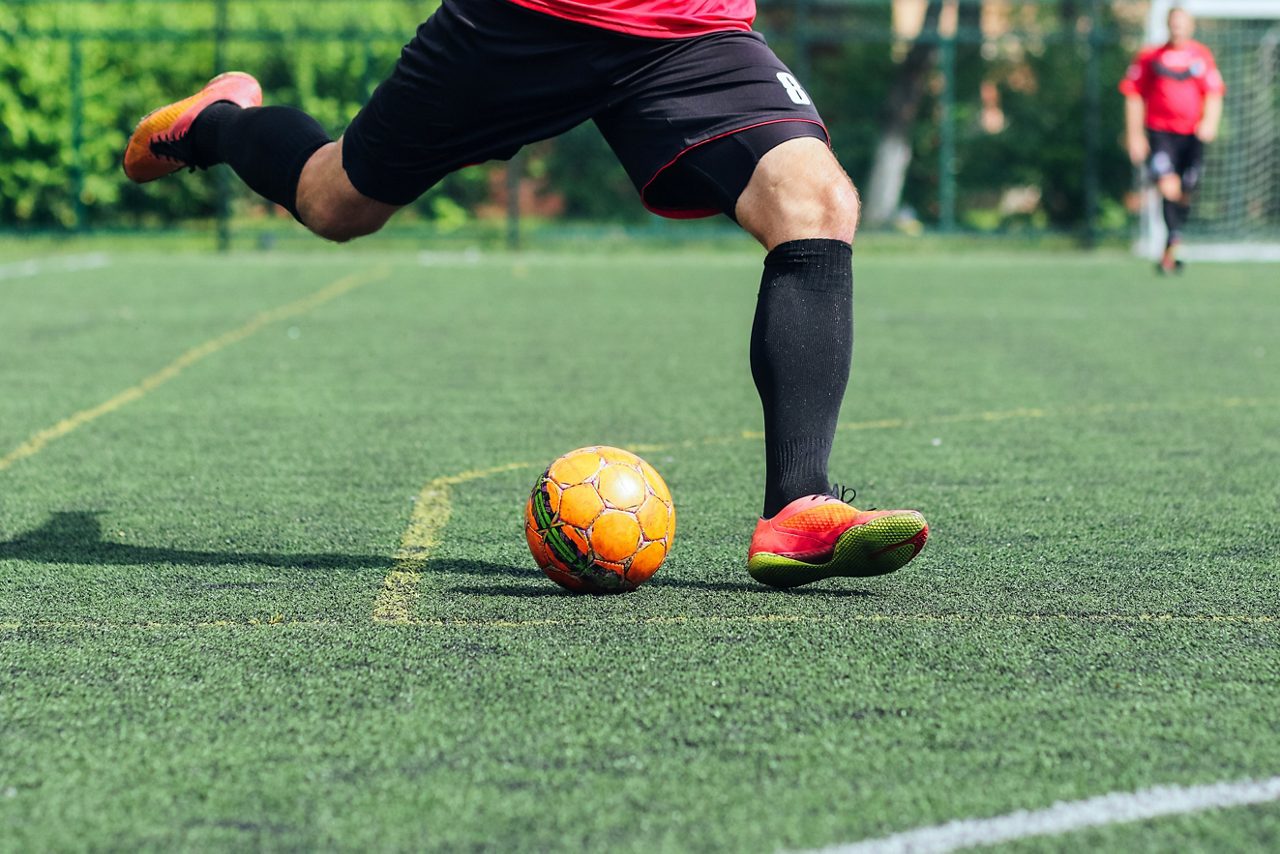Top-Rated Phoenix Turf Companies Specializing in Synthetic Grass Options
Top-Rated Phoenix Turf Companies Specializing in Synthetic Grass Options
Blog Article
Delve Into the Environmental Perks of Opting for Artificial Turf Solutions
The fostering of synthetic lawn options presents an engaging opportunity to address pushing environmental obstacles. By dramatically reducing water use and lessening the application of unsafe chemicals, these options not just promote lasting landscape design however likewise safeguard neighborhood ecosystems.
Water Preservation Conveniences
One of one of the most significant benefits of artificial lawn is its capability to preserve water. Standard lawn lawns call for considerable watering, specifically in areas vulnerable to drought or water restrictions. In contrast, synthetic grass does not require watering, substantially decreasing the general demand for water resources. This function is especially advantageous in deserts where water scarcity is a pressing problem.
By removing the need for normal watering, man-made grass adds to lasting landscape techniques and helps alleviate the environmental effect of extreme water consumption. The conservation of water prolongs to the reduction of overflow, which can lead to soil disintegration and waterway pollution.
Additionally, the setup of artificial turf allows house owners and municipalities to designate water resources extra effectively, focusing on crucial usages such as drinking water and farming. The shift in the direction of man-made grass not only promotes liable water usage yet also straightens with broader environmental goals targeted at preserving natural deposits.
As communities increasingly prioritize sustainability, the water preservation benefits of synthetic turf offer a compelling instance for its adoption in domestic and commercial landscape design tasks.
Minimized Chemical Use
The transition to synthetic grass significantly decreases the reliance on chemical therapies typically used in natural grass upkeep. Standard turf monitoring generally entails the application of herbicides, chemicals, and plant foods to promote development and control bugs. These chemicals can posture risks to human health and wellness, neighborhood wild animals, and the setting, adding to dirt and water contamination.
In contrast, synthetic turf gets rid of the requirement for these damaging materials. By minimizing the launch of artificial substances right into the community, man-made lawn advertises much healthier soil and water systems.
Additionally, the lack of chemical runoff connected with artificial turf installments assists protect regional waterways from air pollution, supporting water life and keeping biodiversity. Phoenix turf companies. As areas significantly focus on sustainable methods, choosing fabricated grass offers a viable service that straightens with environmental conservation objectives. Via this shift, home proprietors can take pleasure in lush green areas without endangering ecological health, paving the means for a more lasting future
Lower Carbon Impact

Moreover, the installation of synthetic turf can cause significant water preservation. All-natural yards need considerable amounts of water for irrigation, which not only adds to the carbon footprint connected with water extraction and therapy but additionally strains local water resources. On the other hand, synthetic grass needs minimal upkeep, requiring no watering, consequently substantially lowering water usage and its linked power expenses.
Furthermore, the longevity of fabricated lawn adds to its decreased carbon influence. With a life expectancy of approximately 15 years or more, the demand for frequent substitutes is browse around here lessened, leading to much less waste and lower power usage in manufacturing and taking care of typical turf alternatives. Generally, synthetic grass presents a lasting choice for environmentally mindful landscape design.
Environment Preservation
Environment conservation is a critical consideration in the argument over landscaping choices, especially when contrasting synthetic grass to all-natural grass. Natural grass lawns usually need comprehensive upkeep, including using plant foods, chemicals, and herbicides, which can negatively influence neighborhood ecosystems. These chemicals can her response leach into the soil and waterways, harming native plants and fauna and disrupting local environments.
Fabricated grass gets rid of the need for harmful chemicals, thereby safeguarding neighboring wildlife and maintaining the stability of surrounding environments. The installation of man-made lawn can lead to the conversion of former grass locations into even more biodiverse landscapes, such as pollinator gardens or indigenous plant locations, which can support local wild animals.
Eventually, the shift to artificial lawn not just preserves water and minimizes maintenance initiatives but additionally fosters a much more harmonious partnership between human activities and the native environment, advertising environment conservation at the same time.
Long-Term Sustainability
Long-term sustainability is a critical variable in assessing the benefits of synthetic grass over standard lawn lawns. Among the most considerable advantages of synthetic turf is its resilience; it can last approximately 15-20 years with very little upkeep, go to the website whereas all-natural turf needs constant reseeding and substitute. This longevity decreases the requirement for consistent sources, such as water, fertilizers, and pesticides, which are necessary for preserving a healthy yard lawn.
In addition, synthetic grass adds to a decrease in carbon discharges connected with lawn treatment devices. Typical yards commonly call for gas-powered lawn mowers, leaners, and blowers, every one of which add to air contamination. Turf installation phoenix az. In contrast, synthetic grass removes the demand for such tools, promoting a cleaner setting
In addition, the manufacturing of fabricated grass progressively utilizes recycled materials, enhancing its sustainability profile. As makers take on environmentally friendly techniques, the ecological impact of synthetic grass remains to reduce.

Final Thought
The fostering of man-made turf options provides substantial ecological advantages, including significant water preservation, decreased reliance on damaging chemicals, and a reduced carbon impact. Artificial lawn help in protecting all-natural habitats by lessening land disruption and promoting lasting sustainability via the usage of long lasting materials. Jointly, these elements highlight the possibility of man-made grass to add favorably to ecological health and use a viable alternative to typical landscape design practices in an increasingly resource-conscious world.
In comparison, synthetic grass does not require watering, substantially decreasing the general demand for water sources. By lessening the release of artificial compounds into the environment, synthetic lawn promotes much healthier dirt and water systems.
In addition, the installation of man-made turf can result in substantial water preservation. In contrast, artificial grass needs marginal maintenance, needing no watering, consequently substantially decreasing water usage and its linked energy costs.

Report this page